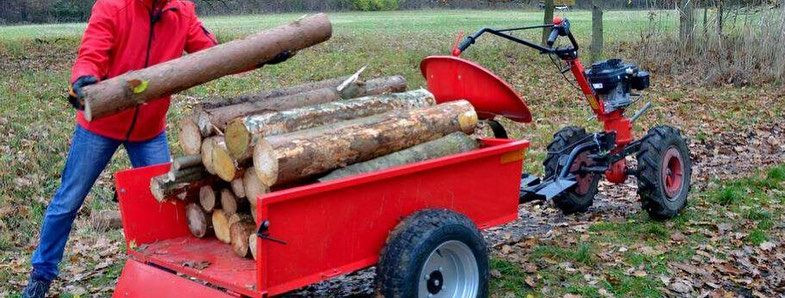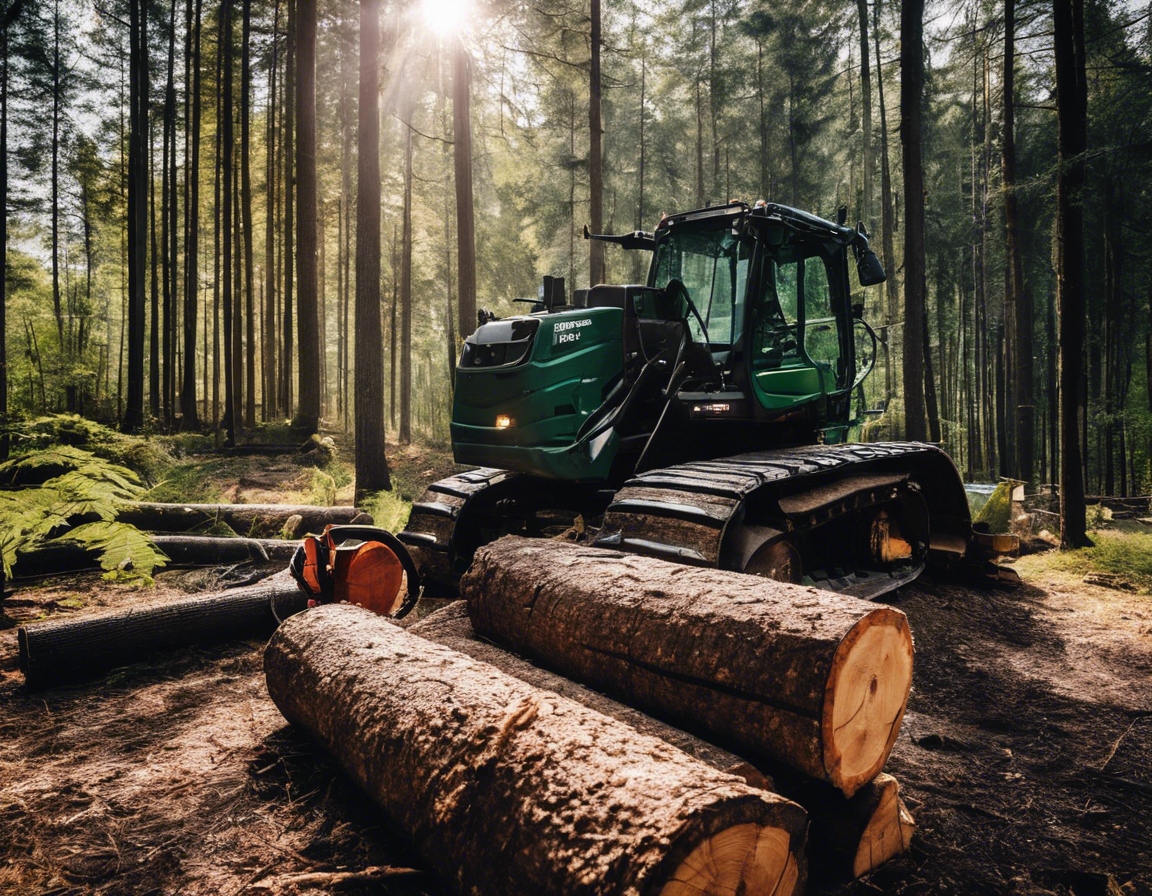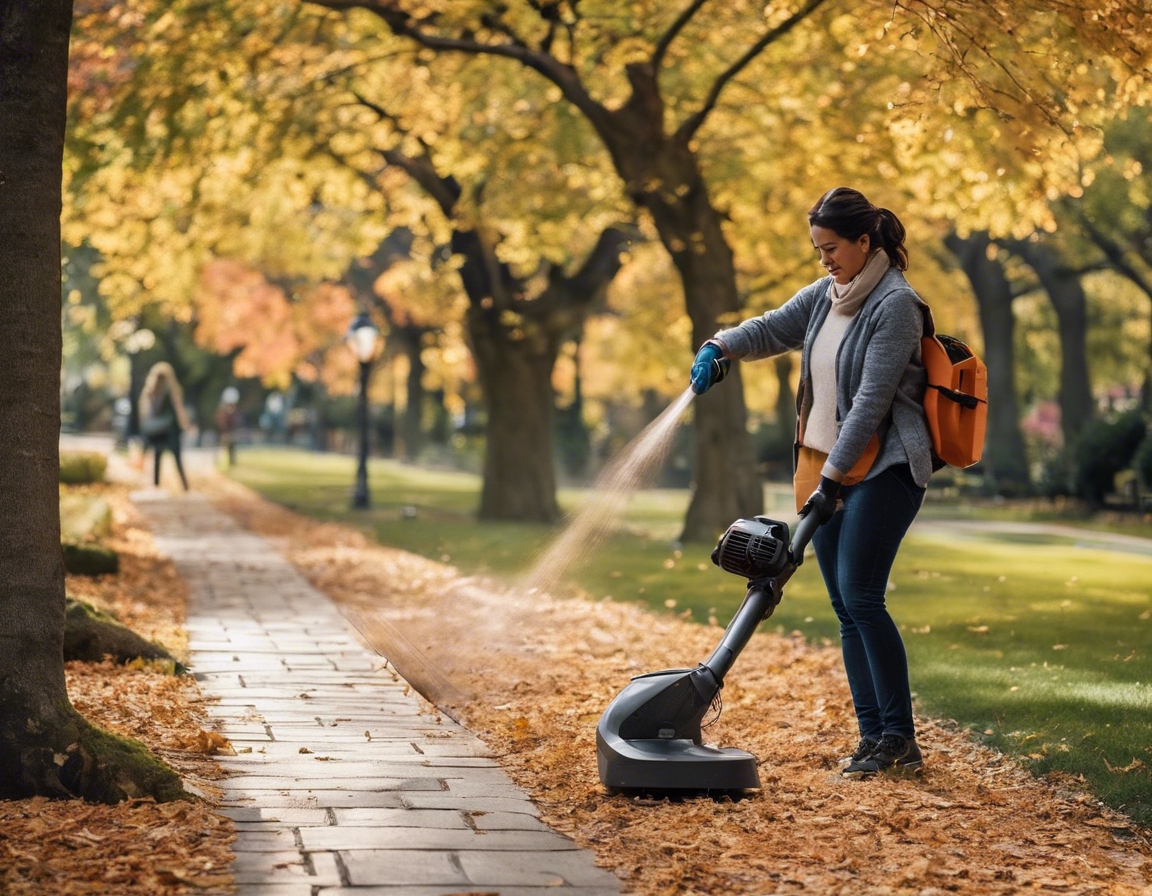How to choose the right lawn mower for your garden
The size of your garden is a crucial factor in determining the type of lawn mower you need. For smaller gardens, a manual reel mower or a compact electric mower might suffice. Larger gardens, however, may require a more powerful gas-powered mower or even a robotic mower to efficiently cover the area.
Consider the terrain of your garden. Is it flat, hilly, or does it have a lot of obstacles like trees and flower beds? For uneven terrains, a self-propelled mower with good traction is ideal. For gardens with many obstacles, a mower with excellent maneuverability is essential.
The type of grass and its growth rate can influence your choice. Some mowers are better suited for thick, fast-growing grass, while others are designed for finer, slower-growing varieties. Understanding your grass type will help you choose a mower that provides the best cut.
Types of Lawn Mowers
Manual reel mowers are eco-friendly and ideal for small, flat gardens. They require no fuel or electricity, making them a sustainable choice. However, they require more physical effort and are not suitable for large areas or tough grass.
Electric mowers are available in corded and cordless models. They are quieter and more environmentally friendly than gas mowers. Cordless models offer more flexibility but require battery charging. They are suitable for small to medium-sized gardens.
Gas mowers are powerful and can handle large areas and tough grass. They are ideal for medium to large gardens but are noisier and produce emissions. Regular maintenance is required to keep them running efficiently.
Robotic mowers are a modern solution for those who prefer a hands-off approach. They are suitable for various garden sizes and can navigate complex landscapes. They are eco-friendly and operate quietly, but they come with a higher initial cost.
Key Features to Consider
The cutting width determines how much grass is cut in a single pass. Wider mowers cover more ground quickly, while adjustable cutting heights allow for customization based on grass type and season.
Consider the power source—manual, electric, or gas—and its efficiency. Electric mowers are efficient for small gardens, while gas mowers provide the power needed for larger areas.
Maneuverability is crucial for gardens with obstacles. Lighter mowers are easier to handle, while self-propelled models reduce physical effort, especially on slopes.
Invest in a mower with a sturdy build and durable materials. This ensures longevity and reduces the need for frequent repairs or replacements.
Environmental Considerations
Electric and manual mowers produce fewer emissions and are quieter than gas mowers. Consider these factors if you are environmentally conscious or live in a noise-sensitive area.
Electric mowers consume less energy compared to gas mowers. Opt for energy-efficient models to reduce your carbon footprint and save on electricity costs.
Look for mowers with eco-friendly features, such as mulching capabilities, which return nutrients to the soil, or models made from recyclable materials.
Budget and Cost-Effectiveness
Set a budget based on your needs and garden size. While manual and electric mowers are generally more affordable, gas and robotic mowers offer advanced features at a higher cost.
Consider the long-term costs of maintenance and operation. Electric mowers have lower maintenance costs, while gas mowers require regular servicing and fuel expenses.
Evaluate the long-term value of your purchase. A durable, high-quality mower may have a higher upfront cost but will save money in the long run through reduced maintenance and replacement needs.






Comments (0)